
Food Storage Hacks to Stretch Your Grocery Dollars

According to the New York Times, Americans waste approximately $160 billion worth of food every year.
We prepare more food than is necessary and end up throwing much of it away. And even when we do save leftovers, we often forget about them or fail to store them properly.
The key is to fight the five enemies of food. They are air, moisture, light, temperature and microbial growth.
The best way to battle these enemies is with proper food storage. And don’t forget to make sure a high percentage of that food is healthy and provides nutritional balance.
Empty store shelves returning?
Here’s another reason to store food properly. We don’t know when stores will run out of what we need.
We all saw empty grocery store shelves after the COVID-19 pandemic started hitting the U.S. hard in February.
Now we’re seeing the same type of thing happening again in some stores. The ongoing virus, wildfires and hurricanes are disrupting the food supply chain. Not to mention tornadoes and other extreme weather events.
As we spend more time at home and cut down on shopping trips, it’s crucial that we stretch our food supplies as long as we can. Good planning and storing food properly will help accomplish that.
23 food storage hacks
Here are some food storage hacks you can use to made sure your food supply stays good as long as possible.
- Get a variety of sizes of airtight, food-grade plastic or glass containers. In most cases they will be better than your food’s original packaging.
- Freeze fresh fruits and vegetables that you know you won’t be able to eat for a while. Otherwise they’ll go bad quickly.
- A leftover piece of meat or fish can be wrapped up tightly in tin foil or plastic wrap and stay good for several days in the refrigerator. And for much longer in the freezer.
- Use a porous material such as parchment paper to wrap cheese. Cheese needs some oxygen to breathe and taste its best.
- Some folks swear by vacuum sealers, which will run you about $40-50. They’re great for larger portions of meat that you can cut up to freeze.
- Whole-wheat flour should not remain in a pantry too long. Oils in the wheat germ can go bad if they’re not kept cool. The flour will last for several months if it’s stored in an airtight container in a refrigerator.
- Unopened butter will last longer in a freezer (12 months) than in a refrigerator (4 months). But mayonnaise will stay fresher in the “warmer” part of a fridge (the door) than in the colder, inner part.
- Citrus, tomatoes and avocados are better left unrefrigerated, but cucumbers, peppers, carrots and lemons will taste better if refrigerated.
- Keep celery stalks fresh and crisp by wrapping them in aluminum foil before refrigerating.
- That beautiful bunch of bananas you just bought won’t stay beautiful for long. Help them stay fresh longer by wrapping their stems tightly in plastic wrap.
- Store mushrooms in a paper bag in the refrigerator. This environment gives them the proper balance of humidity and moisture, allowing air to circulate and keeping your mushrooms firm and dry.
- Wash all your berries – strawberries, blueberries, raspberries, etc. – in a 10-to-1 ratio of water to vinegar. That should keep them fresher twice as long and keep pests at bay. If you freeze them, make sure they’re dry first.
- For thick dairy products such as yogurt, sour cream and cottage cheese, store them upside down. That will create a seal just under the lid that will prevent oxygen from entering the container. Do the same with natural nut butters, which will allow the oils to work their way to the bottom.
- If your eggs are at their expiration date, gently drop each one in a glass of water. If they sink, they’re safe to eat. If they float, toss them out.
- Place a small paper towel on top of your refrigerated greens to extend their shelf life. It will soak up some moisture and keep those greens from getting soggy.
- Choose dried beans over canned beans. They’re easier to stack and are more shelf stable.
- How many times have you reached for hamburger or hot dog buns in the pantry and seen mold? Store unused buns individually in the freezer. They’ll keep for months.
- To keep brown sugar from drying out and turning hard, bag it with a marshmallow or two and place in a sealed container.
- Keep spices away from heat. Too many people store them in cabinets above their ovens, but that heat can lead to a flavor loss.
- Nuts will stay good longer if they’re stored in a freezer. Their naturally high fat content makes them susceptible to heat and sunlight.
- Store your herbs upright in fresh water, covered by a clear, plastic storage bag. This will extend their freshness.
- Not everything that’s starting to go bad needs to be immediately tossed. You can use brown bananas to make banana bread and soft strawberries to make jam or a smoothie.
- Label all of your food containers, jotting down what’s inside and when it was stored.
Storing your harvest properly
I hope you’ve been able to grow some of your own fruits and vegetables over the summer.
A great way to become independent of food supply chain problems is by storing some of your harvest for the winter. Here are a few tips for doing that.
Apples – Store them in a root cellar or dark, cool basement or garage. Isolate them because the ethylene gas they give off makes many vegetables sprout and rot. Most varieties of apples will store for three to six months.
Asian pears – Place in sealed bags in the refrigerator to keep them from dehydrating. Use within 60 days.
Beets – Cut the tops off and store them in a root cellar or cool, dark area in a single layer on dry sand or cat litter. Use within two months.
Cabbage, cauliflower, broccoli and Brussels sprouts – Harvest the mature heads, roots and all. Hang them upside down in a humid basement, garage or out-building where the temperature will not dip below freezing. They’ll keep up to a month.
Carrots – Leave them in your garden. Cut off green foliage and cover carrots with a foot or more of shredded leaves or straw. Top them with a tarp to keep the soil from freezing. Harvest as needed.
Onions – Store them in mesh bags or open baskets in an isolated, cool, dry place.
Potatoes – Store in a cool, dark place in paper bags with holes for ventilation. Don’t store them near onions, which give off ethylene gas, causing the potatoes to sprout. Will keep up to two months. Do not expose to light, which can also trigger sprouting, and don’t store in the refrigerator. Cold destroys flavor.
Winter squash and pumpkins. Clean the squash with bleach and water to kill any fungi or bacteria on its rind. Store in any cool spot for up to six months.
Storing food properly can help you save money and cut down on grocery runs. It can also help you avoid crowds and the possibility of empty shelves.
I hope some of these food storage tips have been helpful. Feel free to add more in the comments section.
Featured Products
- Regular price
- $699.95
- Regular price
-
- Sale price
- $699.95
- Unit price
- per
- Regular price
- $2,999.95
- Regular price
-
- Sale price
- $2,999.95
- Unit price
- per
- Regular price
- From $29.95
- Regular price
-
- Sale price
- From $29.95
- Unit price
- per
- Regular price
- $3,499.95
- Regular price
-
- Sale price
- $3,499.95
- Unit price
- per
- Regular price
- From $29.95
- Regular price
-
- Sale price
- From $29.95
- Unit price
- per
- Regular price
- $2,499.95
- Regular price
-
- Sale price
- $2,499.95
- Unit price
- per
- Regular price
- $499.95
- Regular price
-
- Sale price
- $499.95
- Unit price
- per
- Regular price
- $999.95
- Regular price
-
- Sale price
- $999.95
- Unit price
- per
- Regular price
- From $29.95
- Regular price
-
- Sale price
- From $29.95
- Unit price
- per
- Regular price
- $2,999.95
- Regular price
-
- Sale price
- $2,999.95
- Unit price
- per
- Regular price
- From $2,796.95
- Regular price
-
$8,390.95 - Sale price
- From $2,796.95
- Unit price
- per
- Regular price
- $4,999.95
- Regular price
-
- Sale price
- $4,999.95
- Unit price
- per
- Regular price
- From $129.95
- Regular price
-
$259.95 - Sale price
- From $129.95
- Unit price
- per
- Regular price
- $847.95
- Regular price
-
$897.95 - Sale price
- $847.95
- Unit price
- per
- Regular price
- $1,999.95
- Regular price
-
- Sale price
- $1,999.95
- Unit price
- per
- Regular price
- $279.95
- Regular price
-
- Sale price
- $279.95
- Unit price
- per
- Regular price
- From $69.95
- Regular price
-
- Sale price
- From $69.95
- Unit price
- per
- Regular price
- $29.95
- Regular price
-
- Sale price
- $29.95
- Unit price
- per
- Regular price
- $849.95
- Regular price
-
- Sale price
- $849.95
- Unit price
- per
- Regular price
- $249.95
- Regular price
-
- Sale price
- $249.95
- Unit price
- per
- Regular price
- $199.95
- Regular price
-
- Sale price
- $199.95
- Unit price
- per
- Regular price
- $129.95
- Regular price
-
- Sale price
- $129.95
- Unit price
- per
- Regular price
- $114.95
- Regular price
-
- Sale price
- $114.95
- Unit price
- per
- Regular price
- $69.90
- Regular price
-
- Sale price
- $69.90
- Unit price
- per
- Regular price
- $19.95
- Regular price
-
- Sale price
- $19.95
- Unit price
- per


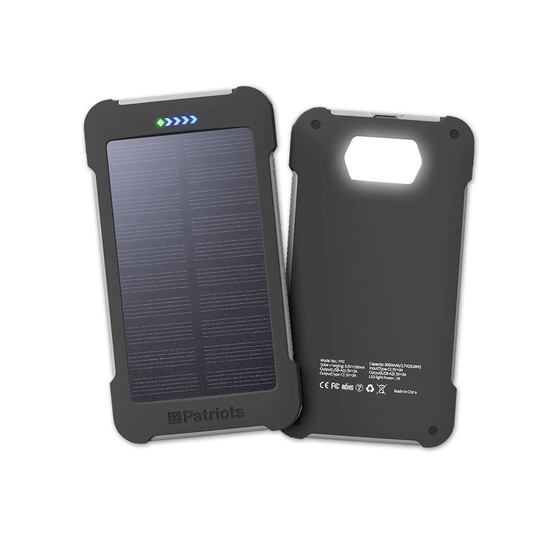
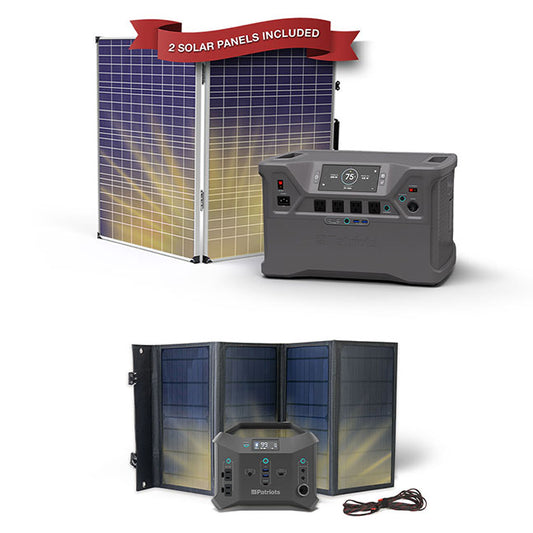
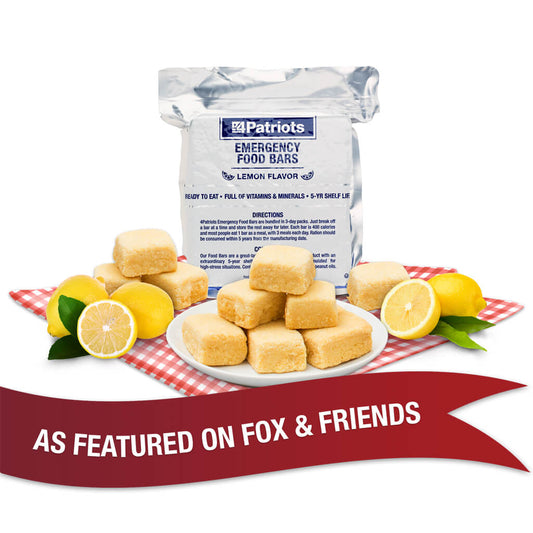


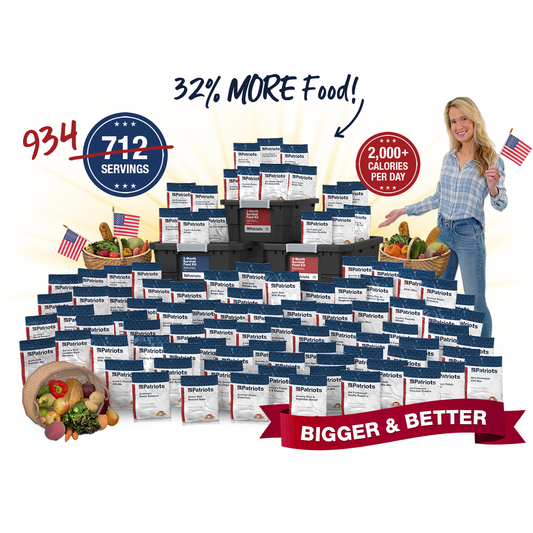


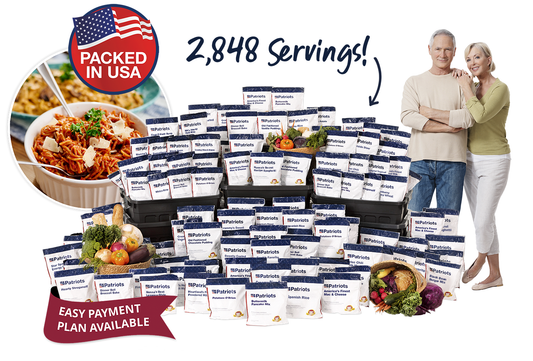
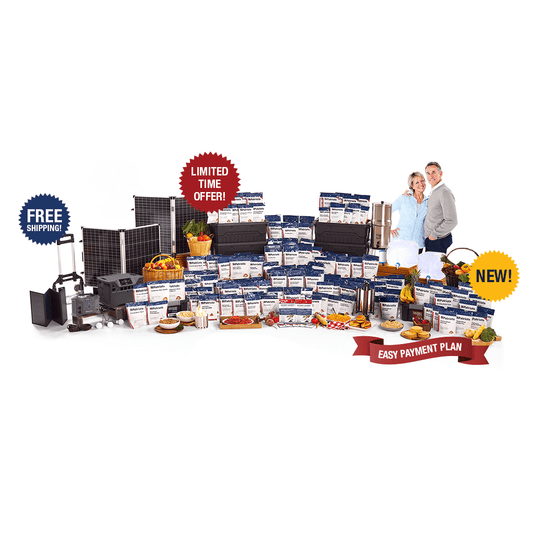


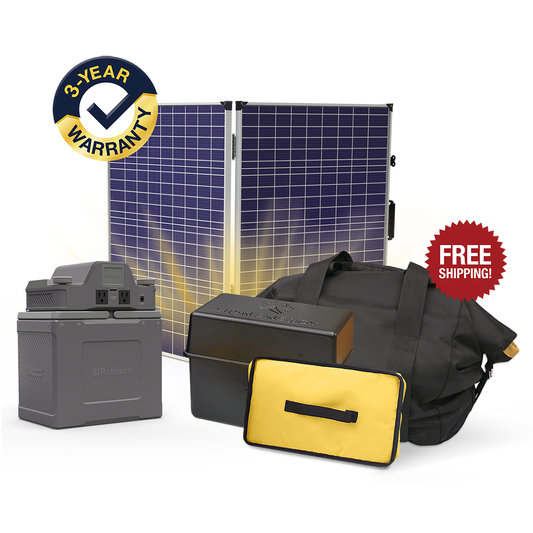
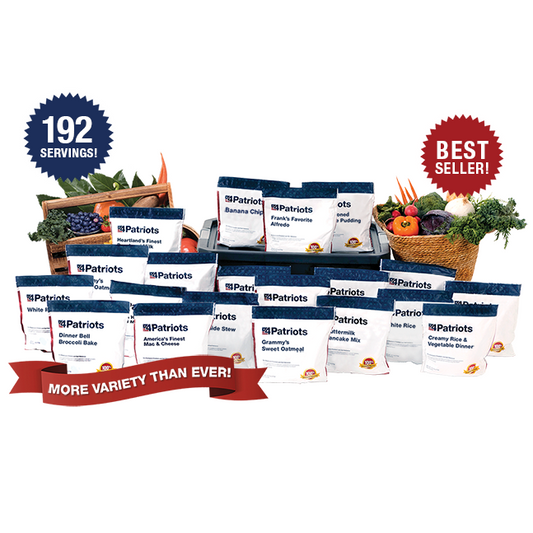
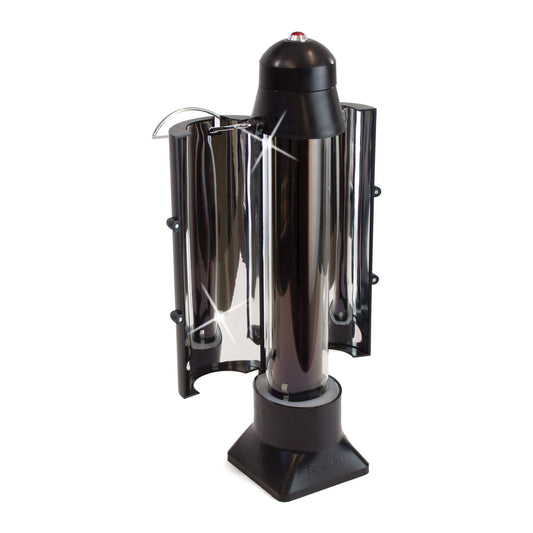
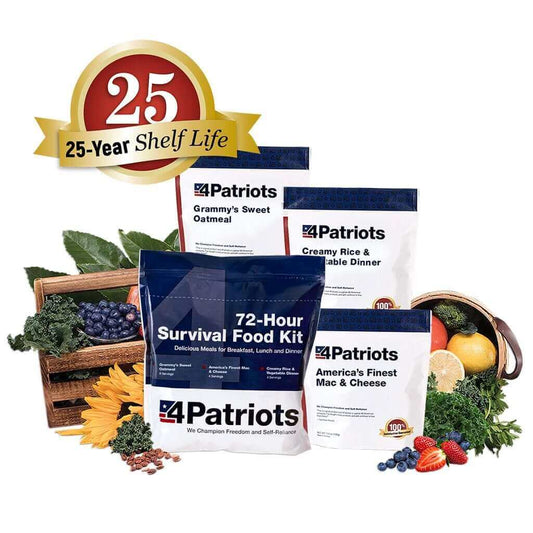
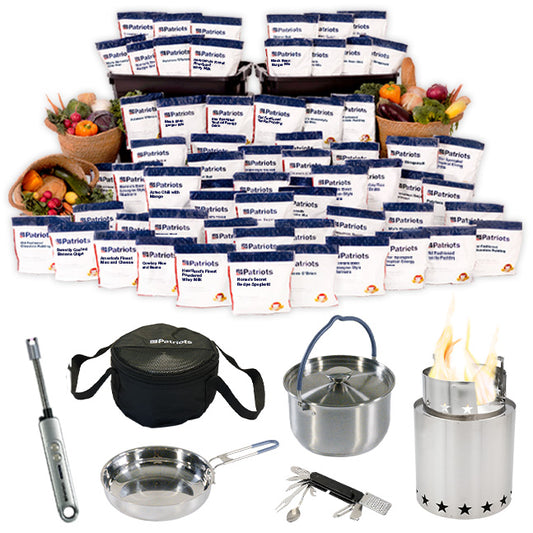
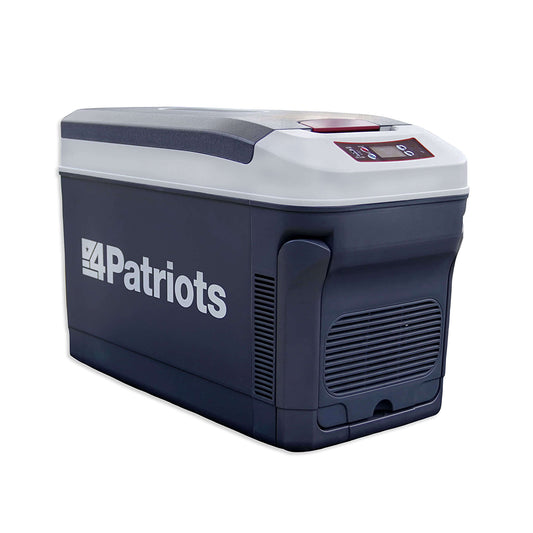
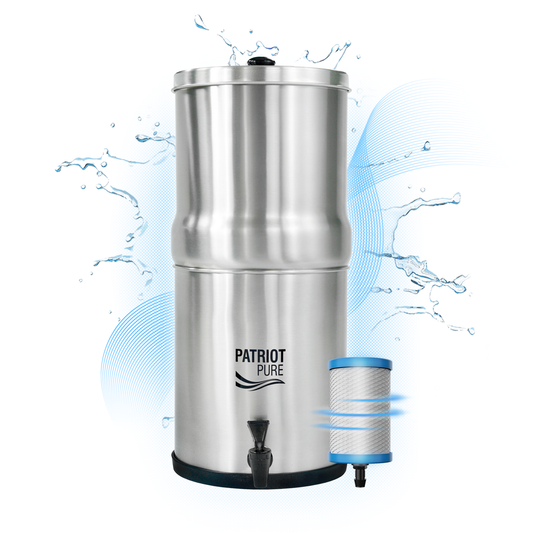
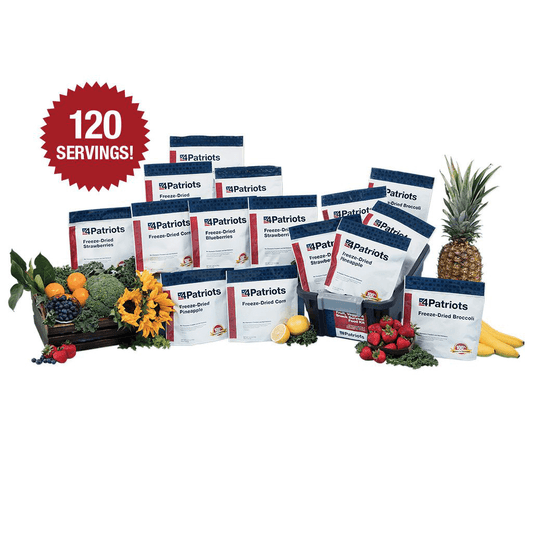
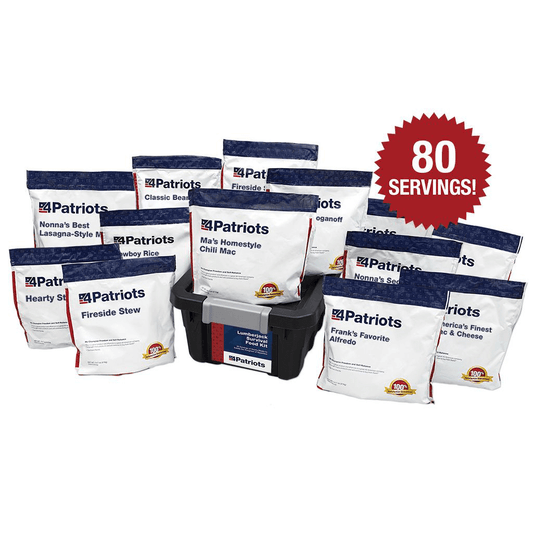


Comments
Sondra Dudley - May 26, 2022
Thanks for the refresher on food storage. I hope you don’t mind if I make a copy of this.
Dorothy - January 28, 2022
Thanks for the food tips. Really good. Will share with my sisters.
Leigh - November 09, 2020
Thank you so much for all the articles and sales on your food, which is great! Thank you, thank, you, thank you!!
Betty Sue Frizzell - September 24, 2020
Would like to see some gluten free storage food options